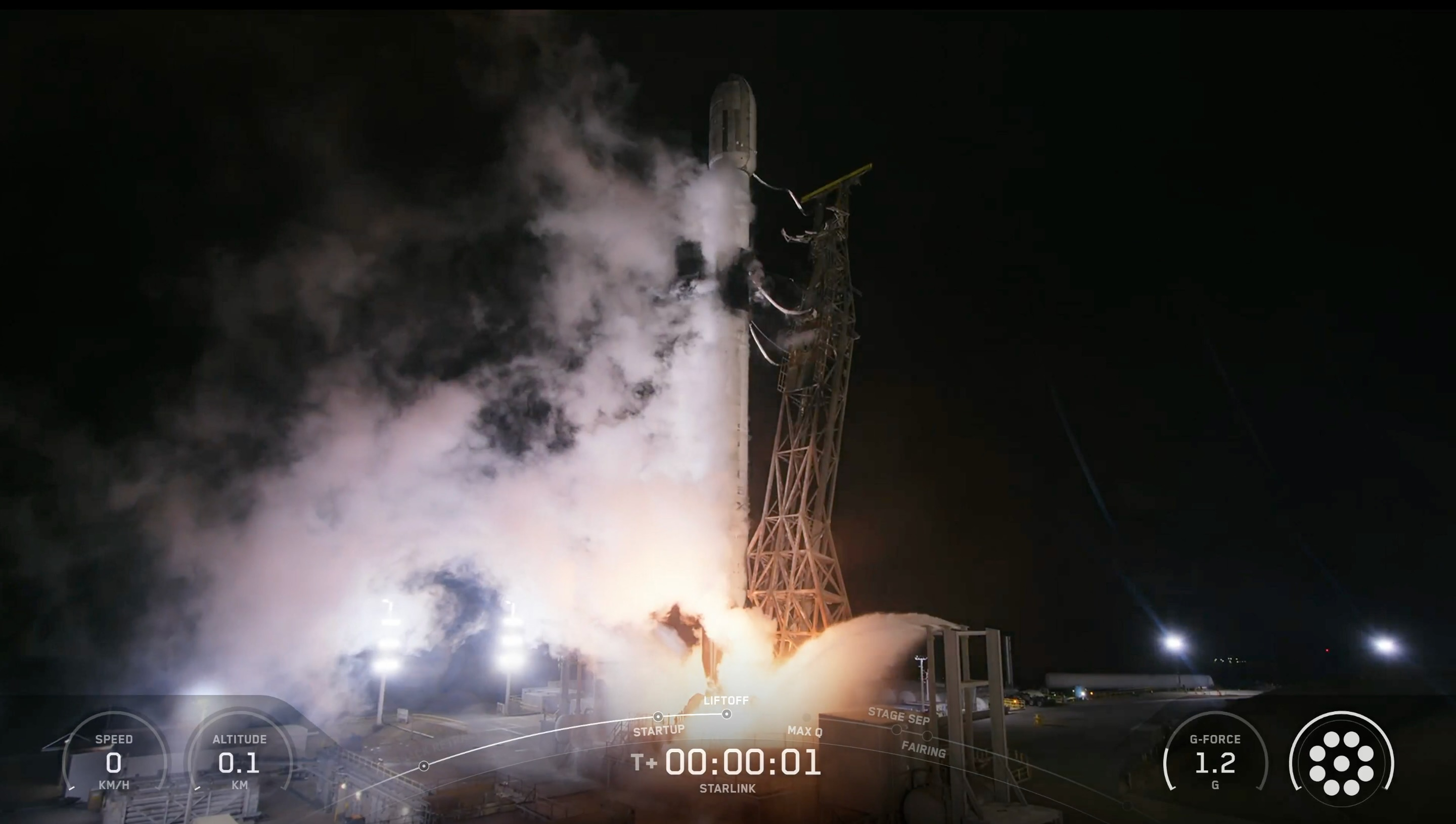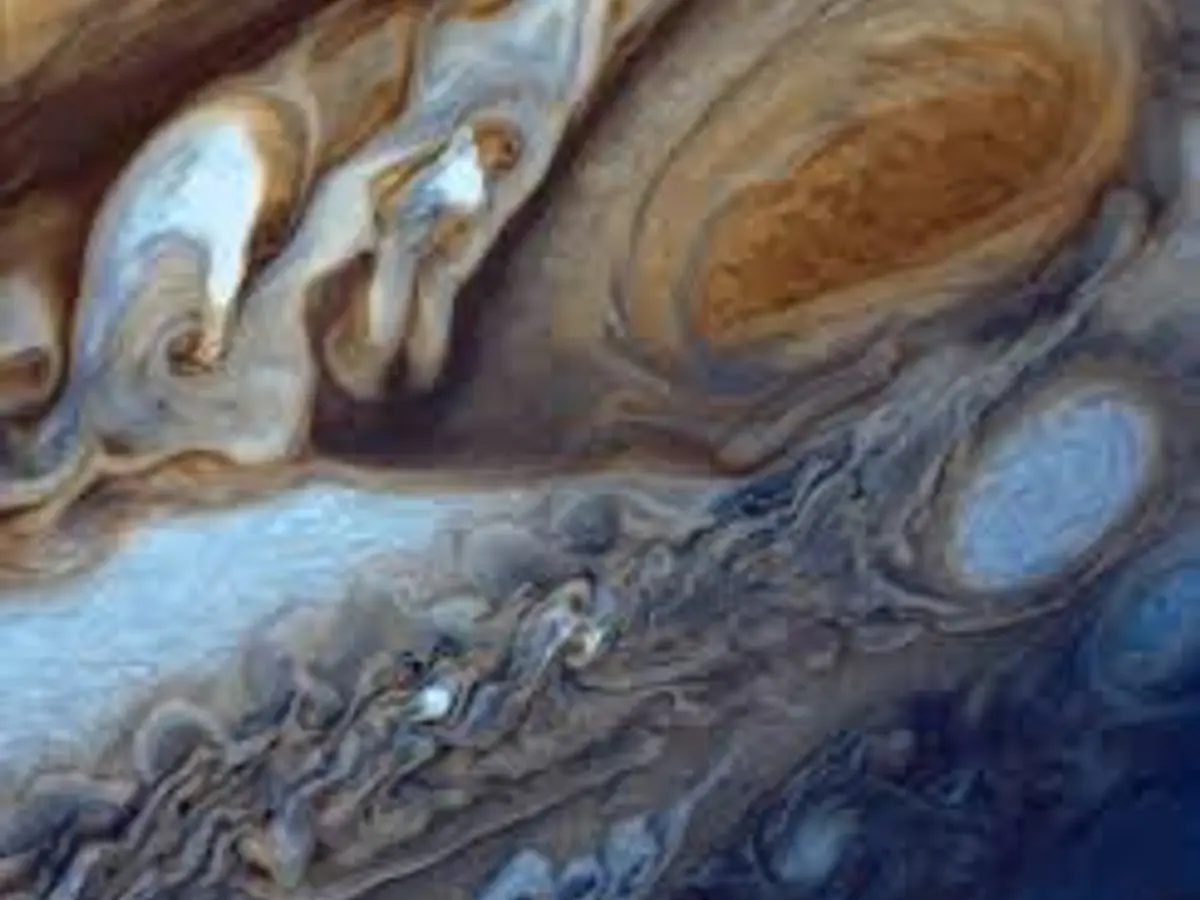An international team kept solid gold intact while superheating it to 19,000 Kelvin, about 33,740 °F (18,726 °C). They measured the temperature directly, in real time, and documented the feat in a new study. The result outstrips a long assumed ceiling on how hot a solid can get before it gives way. The team reached this state with ultra fast …
Read More »Science
Study: Dark matter doesn’t exist, the universe is 27 billion years old
The universe feels simple at first glance: stars, gas, dust, and the gravity that binds it all. Then you look more closely and realize that nothing could be farther from the truth. For decades, the standard picture has said that most of what is out there is not what we can see. It is a mix of ordinary matter and …
Read More »Brightest fast radio burst ever detected could help solve an enduring cosmic mystery
NEW YORK — Astronomers have spotted the brightest fast radio burst yet coming from a nearby galaxy. Observations of this phenomenon, a powerful flash of radio waves that lasts only about one millisecond, could shed light on one of the most mysterious cosmic phenomena ever studied. Fast radio bursts, or FRBs, were first discovered in 2007, but their exact sources …
Read More »NASA’s Webb Telescope just found 300 galaxies that defy explanation
In a new study, scientists at the University of Missouri looked deep into the universe and found something unexpected. Using infrared images taken from NASA’s powerful James Webb Space Telescope (JWST), they identified 300 objects that were brighter than they should be. “These mysterious objects are candidate galaxies in the early universe, meaning they could be very early galaxies,” said …
Read More »SpaceX launches 24 Starlink satellites to orbit from California
SpaceX launched another batch of its Starlink broadband satellites today (Aug. 30), sending 24 of them up from California’s central coast. A Falcon 9 rocket carrying the Starlink craft lifted off today from Vandenberg Space Force Base at 12:59 a.m. EDT (0359 GMT; 9:59 p.m. local California time on Aug. 29). The rocket’s first stage, designated Booster 1082, came back …
Read More »Thanks JPLers – NASA Watch
Thanks JPLers NASA Watch Source link
Read More »Moon phase today explained: What the moon will look like on August 29, 2025
Wondering what’s happening with the moon right now? Wonder no more, we have all the details for the moon’s current phase in the lunar cycle. The lunar cycle is a series of eight unique phases of the moon’s visibility. The whole cycle takes about 29.5 days, according to NASA, and these different phases happen as the Sun lights up different …
Read More »Old Solar Panels Built in the Early 1990s Are Still Going Strong After 30 Years at 80% Original Power — And That’s a Big Deal for Our Energy Future
Credit: Pixabay. In the late 1980s, when Switzerland was just beginning to experiment with solar power, engineers bolted a few shiny panels onto rooftops, mountain stations, and even utility-scale farms. They probably didn’t expect those panels to still be humming along more than three decades later. But that’s exactly what a new study shows. Researchers from Switzerland, Austria, and Germany …
Read More »Our Best Look Yet at a Solar Flare Reveals the Sun’s Wilder Side
It took astronomers a little over a year to analyze the sharpest-ever images of a solar flare. But they’re finally done, and the results are illuminating—literally and figuratively. Last year, NSF’s Daniel K. Inouye Solar Telescope captured a high-resolution image of a solar flare crossed with dark strands of coronal loops. Further analysis revealed that the solar flare was an …
Read More »Inside the massive storm bigger than Earth
Voyager 2’s observations transformed planetary science. For the first time, astronomers could study the Great Red Spot as a three-dimensional, evolving system. The data laid the groundwork for future missions, including Galileo and Juno, which have continued to explore Jupiter’s atmosphere. Voyager 2’s contribution remains a benchmark in planetary exploration, providing the first detailed account of the storm’s scale, structure, …
Read More »







